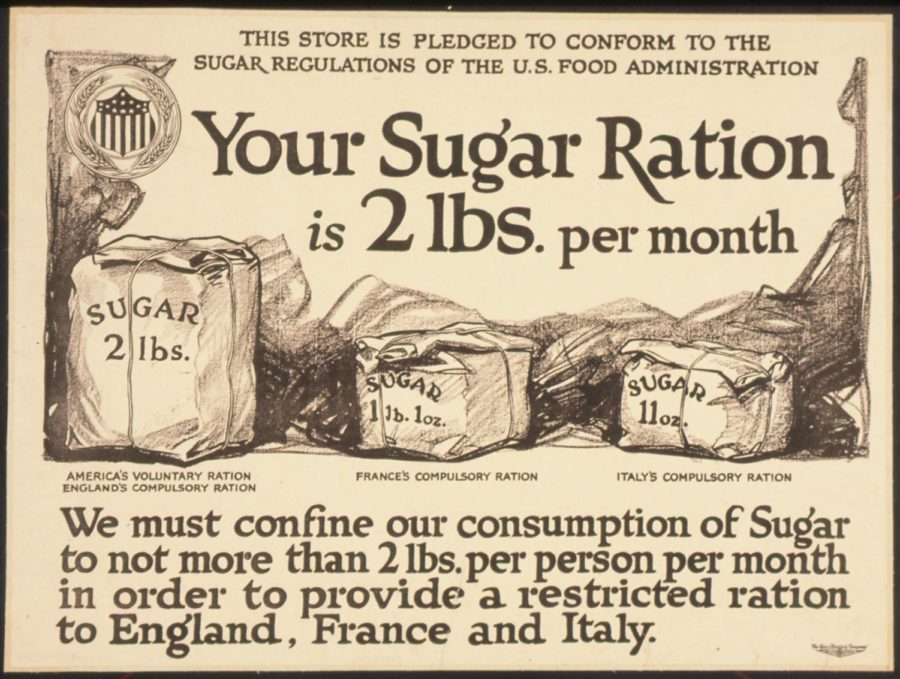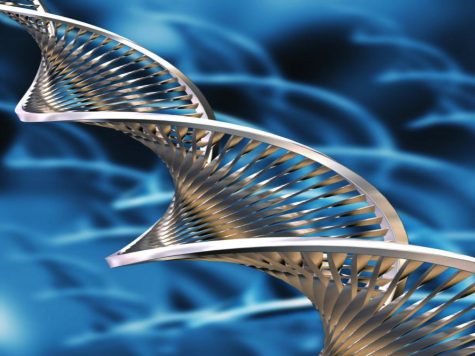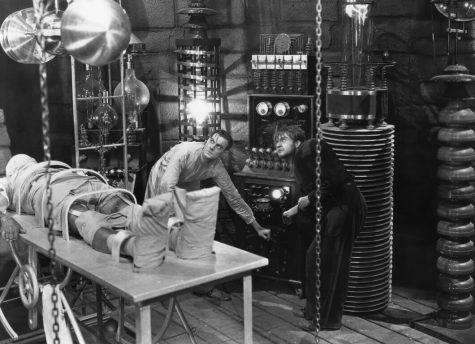Globalization
Globalization began when the first hominid decided to find and interact with another. While it has many benefits, some cultures or parts of one have been changed or even destroyed in the process. How and what we eat, has changed over time, most often as a result of foreign cultures. Although Britain itself is only a small island, the culture of it has been influenced for decades. World War II was an event that was particularly impactful on the british diet because of the global nature of the conflict. How and why did globalization affect Britain’s own cuisine, food distribution and production, particularly during WWII?
People in Britain with different social statuses had contrasting diets before world war two[1]. Britain before world war two was a net importer, meaning that they would have had a lot of imported foods from around the world. One example is tea, which came all the way from Asia. This was only available to the wealthy people of England because of the accessibility and health effects that people believed it had. Even to this day, tea is still associated with luxury food by many because “tea is all about taking your time and, as time is a luxury, tea has metamorphosed into a luxury of its own accord[2].” Spices were also one of the things that only the upper class could afford[3]. This came from India and was popular alongside curry and spicy sauces. During the Middle Ages, wealthy people were able to cook with spices and dried fruits from as far away as Asia but it has been said that the poor people like servants and maids were lucky to eat at all[4]! Luckily, the situation for the lower classes improved as the years passed. By the Victorian period they usually at least got a hunk of bread and tea or cocoa for breakfast. Disturbingly, there might have been red lead or even brick dust included into the cocoa to dilute it and make it lower-priced[5]. Despite that, the food for the lower class during the victorian period was still a big improvement from the middle ages. Later on during WWII, the british people were introduced to coffee. This replaced their national drink, tea. Spices were also replaced by many other foods introduced during WWII because of their benefits for war. An example is the potato. They were popular during WWII because they are a cheap source of energy, they were believed to be able to protect people from illnesses and it saved shipping space as well money since they were commonly grown in people’s own backyards and public parks during WWII[6].
The Americans brought a lot of new foods, as well as production and distribution methods to Great Britain throughout world war two. One of the newly introduced foods was Spam. Invented in Minnesota, America, Spam was introduced to Britain in 1941 by the American forces[7]. Because Spam was easy to transport, cheap and long-lasting, it was enjoyed by both soldiers and civilians alike during world war two. A drink similarly introduced to the British people by the American military stationed there was instant coffee. It was invented in 1901 by a Japanese chemist in Chicago and it was so popular that the american military were drinking up to 16kg of it a year[8]! This high energy drink was extremely useful for war as it kept the soldiers engaged and alert during war. The caffeine also decreases appetite and so the american military drinking coffee actually reduced the need for food during world war two[9]. Another stimulating food that the Americans introduced was chocolate. This was introduced to the Britains when the Americans passed through their country to war[10]. One famous type of chocolate was invented in world war two when the Americans discovered the tendency of chocolate tending to melt into a mess. Candy coated chocolate became the solution. These were the product of Forrest Mars and Bruce Murrie, from Herseys. Hence it was named “M&M’s”[11].
German U-boat activities in the Atlantic disrupted trade and limited the availability of some goods[12]. In order to ensure the even distribution of these resources, the war food administration agency in America required the country to start rationing in 1942. Sugar was the first food to be rationed but over the course of world war two, more foods were added to the list. Foods like sugar were rationed because they had to be diverted for the war effort[13]. To buy these rationed items, people had to present their ration books to the grocer instead of paying money like nowadays[14]. However, not even rationing stamps from ration books could guarantee that they would be able to purchase an item, as food was so scarce then. When the british started rationing, classifications were also created by age and professions. This was to ensure that everyone got at least the share of supplies and food they needed. For example, “Workers doing heavy labour were entitled to larger rations than other adult workers; children received smaller rations but relatively higher proportions of fats and proteins, and nursing or expectant mothers were entitled to larger allotments of milk and other animal-source foodstuffs[15].” Although resources were scarce, the Americans made the most out of it as new recipes and cooking tips were provided in the newspapers especially directed towards saving resources and making the most out of what people’s got. Americans were also encouraged by the government to plant their own foods. These were later named victory gardens as they highly contributed to the victory of the allies in world war two.
The food of Britain changed for one main reason and so did the production and distribution of food for the same cause. The reason was that the food and methods America was using were more suitable or effective for war. For food this meant that it was low costing, long lasting, easy to transport and high in protein and nutrients. However, the reason Britain started rationing was slightly different to that of America. It still involved german U boats but this time, the submarines weren’t only circling around the oceans, they were also attacking the British supply ships[16]. And since Britain is a net importer, the country struggled a lot with food supplies when the germans attacked their supply ships and the imports were cut short. This caused an even greater shortage of food for the Brits than the Americans which is another reason Britain had decided to follow America’s ways during world war two. Because of the greater shortage of food for Britain, the black market was created. This was a way to get rationed items without the use of coupons, however usually at very high prices. It was done through trading goods with special and extra scarce goods that the shopkeepers had kept behind the counters[17].
Britain’s diet and traditions involving food has undergone a huge change throughout world war two compared to that of Britain before world war two. Chocolate was introduced to the British people and added to their diet during the war and even after for its benefits and taste later[18]. Before world war two, Britain’s diets were hugely different for different social statuses. However, this changed because of rationing which ensured everyone got a fair share of supplies and food that they needed. This system of classification rationing was a much better system of food distribution than the wealth distribution before world war two. This is because in this system, everyone got no more and no less than what they needed. While food before world war two in Britain mainly came from imports, victory gardens replaced that. In fact, the gardens were so successful that the allotments rose to 1.7 million and the private gardens to 5 million in just 3 years[19]!
Overall, Britain’s diet has been affected for countless years but world war two especially left a long-lasting impact on its food. A lot of more convenient foods were introduced to the average household like canned or instant foods and quantity was prioritised over quality during WWII[20]. However much this might have been useful in war, “it is from these years that England gained a reputation.”
[1] https://www.historic-uk.com/CultureUK/History-of-British-Food/
1 https://en.wikipedia.org/wiki/Tea_in_the_United_Kingdom
[2] https://www.scmp.com/article/1344391/timeless-enjoyment-tea-drinking-has-made-it-fashionable-addition-any-luxury
[3] https://www.historic-uk.com/CultureUK/History-of-British-Food/
[4] https://www.historic-uk.com/CultureUK/History-of-British-Food/
[5] https://www.youtube.com/watch?v=5aCh6hHPCZM&t=518s
[6] https://www.historic-uk.com/CultureUK/Rationing-in-World-War-Two/#:~:text=Rationing%20began%20on%208th%20January,Bacon%20%26%20Ham%204%20oz
[7] https://www.theguardian.com/theobserver/2019/sep/02/second-world-war-80-years-on-culture
[8] https://www.theguardian.com/theobserver/2019/sep/02/second-world-war-80-years-on-culture
[9] https://www.britannica.com/science/stimulant
[10] https://www.meltchocolates.com/chocolate-warriors-and-chocolate-bars-in-field-rations#:~:text=Chocolate%20played%20a%20small%20but,invaded%20Germany%2C%20they%20invaded%20Britain.
[11] https://www.google.com/url?q=https://www.meltchocolates.com/chocolate-warriors-and-chocolate-bars-in-field-rations%23:~:text%3DChocolate%2520played%2520a%2520small%2520but,invaded%2520Germany%252C%2520they%2520invaded%2520Britain.&sa=D&source=editors&ust=1614328127729000&usg=AFQjCNGrZ7bsxR_syBQaAtp1p2dT3MJ1Ag
[12] https://www.nps.gov/articles/rationing-in-wwii.htm#:~:text=During%20the%20Second%20World%20War,make%20sacrifices%20in%20many%20ways.&text=Supplies%20such%20as%20gasoline%2C%20butter,the%20availability%20of%20some%20goods.
[13] https://www.nps.gov/articles/rationing-in-wwii.htm#:~:text=During%20the%20Second%20World%20War,make%20sacrifices%20in%20many%20ways.&text=Supplies%20such%20as%20gasoline%2C%20butter,the%20availability%20of%20some%20goods.
[14] https://blog.newspapers.com/recipes-and-rationing/#:~:text=WWII%20Food%20Rationing%20Begins,times%20between%201942%20and%201945.
[15] https://www.history.ox.ac.uk/rationing-in-britain-during-world-war-ii
[16]http://www.primaryhomeworkhelp.co.uk/war/rationing2.html#:~:text=Food%20Rationing%20during%20World%20War%202&text=Why%20was%20food%20rationed%20in%20Britain%20in%20World%20War%20II%3F&text=After%20war%20was%20declared%20in,started%20attacking%20British%20supply%20ships.
[17] https://www.iwm.org.uk/history/what-you-need-to-know-about-rationing-in-the-second-world-war
[18] https://www.meltchocolates.com/chocolate-warriors-and-chocolate-bars-in-field-rations#:~:text=Chocolate%20played%20a%20small%20but,invaded%20Germany%2C%20they%20invaded%20Britain.
[19] http://www.bbc.com/travel/story/20200524-victory-gardens-a-war-time-hobby-thats-back-in-fashion
[20] https://en.wikipedia.org/wiki/English_cuisine#Eighteenth_century



